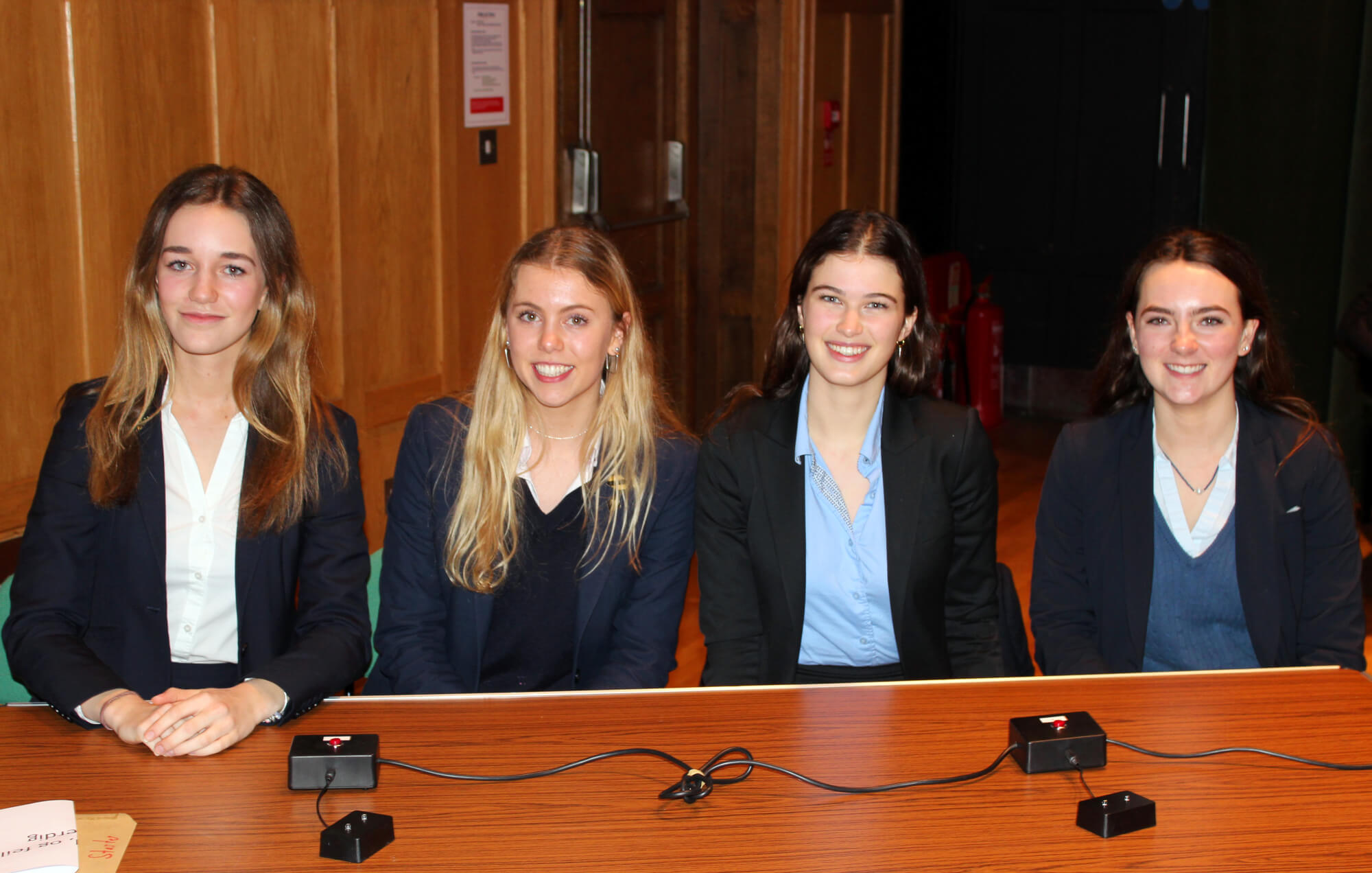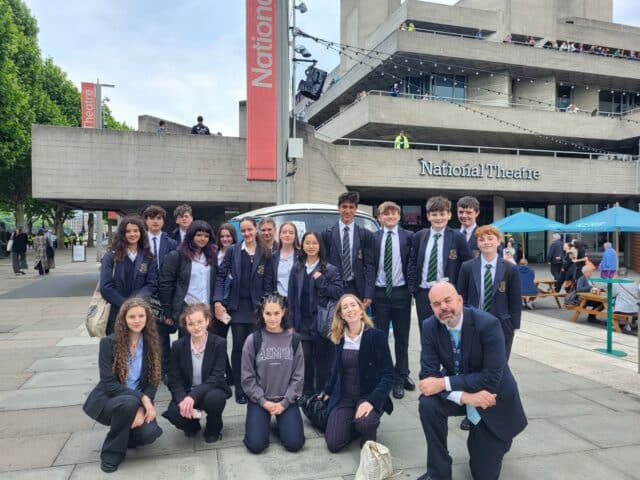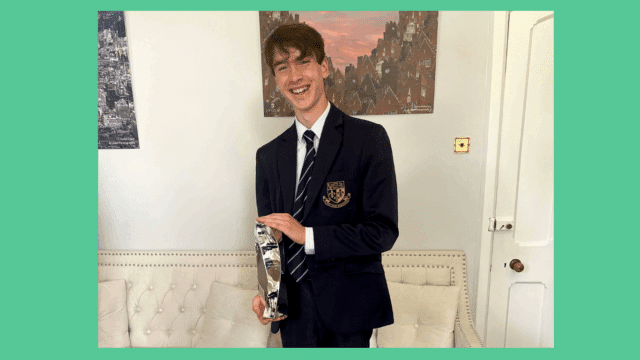Last week was full of new initiatives, concluding with Theo Alexis’ brainchild the ‘College University Challenge’. Mr Keat rattled off the questions with great assurance, an accurate record of the score was maintained and Rosebery and Holman took the results down to the wire, with Rosebery emerging as the eventual winner.
Theo Alexis (P) said: “University Challenge has always been a programme that showcases the intelligence and impressive capability of some of the brightest students in higher education.
“Although at Epsom we have many opportunities to get involved in House debating or sports competitions it seemed that we lacked a rigorous academic competition in which the Houses could go head-to-head. University Challenge provided the perfect model for such a competition.
“With questions on Keats’ poetry, vaccinations and Archimedes, our version of University Challenge really captured the essence of the original programme. Although it was Rosebery who eventually emerged overall winners, every round was hotly-contested.
“I hope this initiative will continue into the future and become a regular fixture in the Epsom calendar.”
Test your knowledge
How would you fare against the brains of Holman and Rosebery? Below are a sample of questions from the final – see for yourself whether you would pass with First Class Honours. (Scroll to the bottom for answers, but no cheating)
Question 1: “The only thing we have to fear is fear itself” is a famous quote is from the inaugural address of which US President in 1933?
Question 2: What is the area of a triangle with sides of length 5, 12 and 13?
Question 3: In the play Othello Brabantio is the father of Desdemona. Complete this couplet which are his final lines in the play: ‘Look to her, Moor, if thou hast eyes to see…’
Question 4: Give the name of the Trojan prince who judged the famous beauty contest between Hera, Aphrodite and Athene.
Question 5: Which river did Caesar famously cross to begin his campaign to become dictator of Rome?
Question 6: Named after a US mathematician, what name is given to a collection of strategies in game theory such as that no one player can increase their pay-off if only that player changes their strategy?
Question 7: How many different ways are there to arrange 4 people in a line?
Question 8: Andre Breton and Louis Aragon were members of which 20th-century Art movement?
Question 9: Charles Darwin’s theory of evolution, On the Origins of Species by Means of Natural Selection, was received by the Linnean society in 1858. Darwin’s theory is widely known but with which other famous naturalist is this theory attributed, who also submitted his theory of evolution to the Linnean society the same year?
This person spent his research travelling through the Malay archipelago and a trip that is undertaken by Epsom College students every two years also bears his name.
After the support of many individuals, including Bill Bailey, his Statue and Portrait are now displayed beside Charles Darwin’s in the Natural History Museum in London.
Question 10: What part of the brain is responsible for operating the gut instinct?
Answers
Answer 1: 32nd US President: FDR
Answer 2: 30
Answer 3: ‘She has deceived her father, and may thee.’
Answer 4: Paris
Answer 5: The Rubicon
Answer 6: Nash Equilibrium
Answer 7: 4! (pronounced 4 factorial) or 24.
Answer 8: Surrealism
Answer 9: Alfred Russell Wallace
Answer 10: Amygdala





